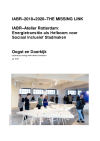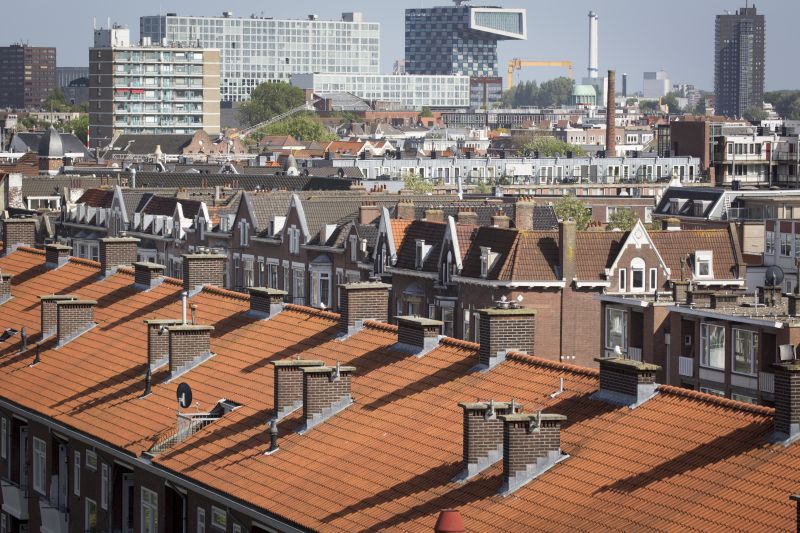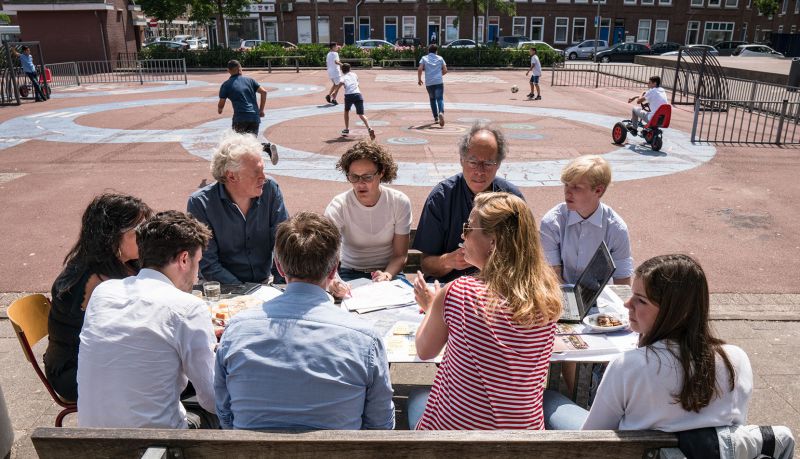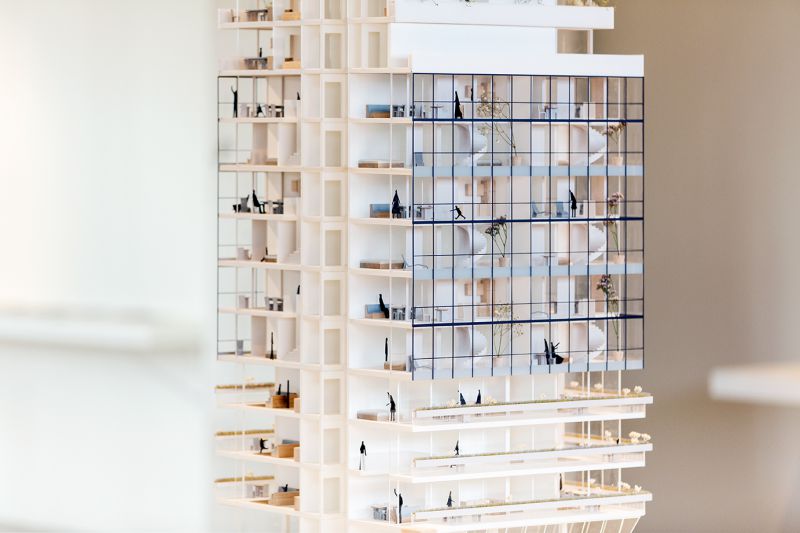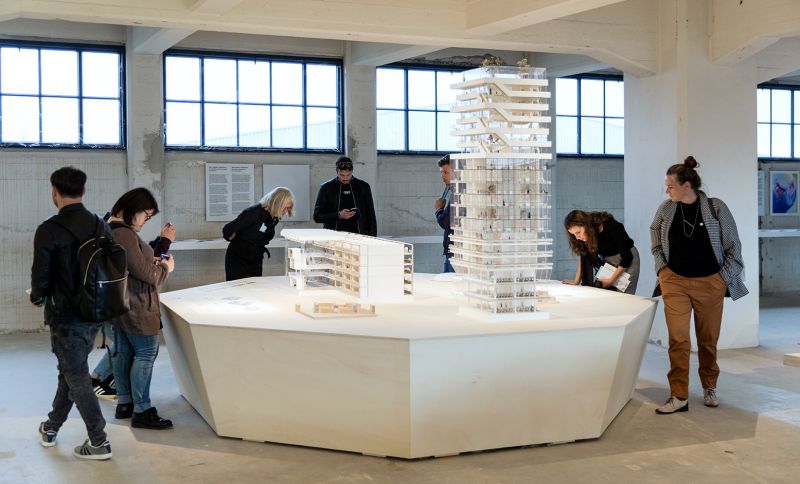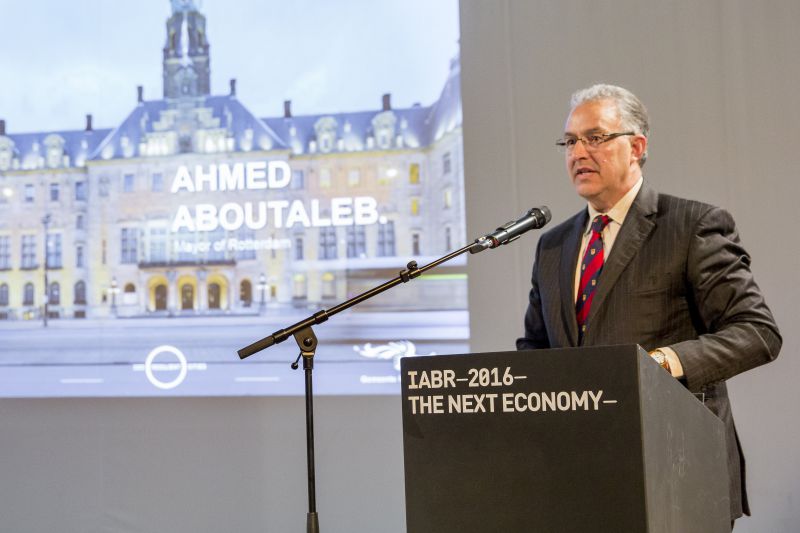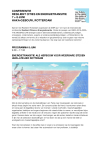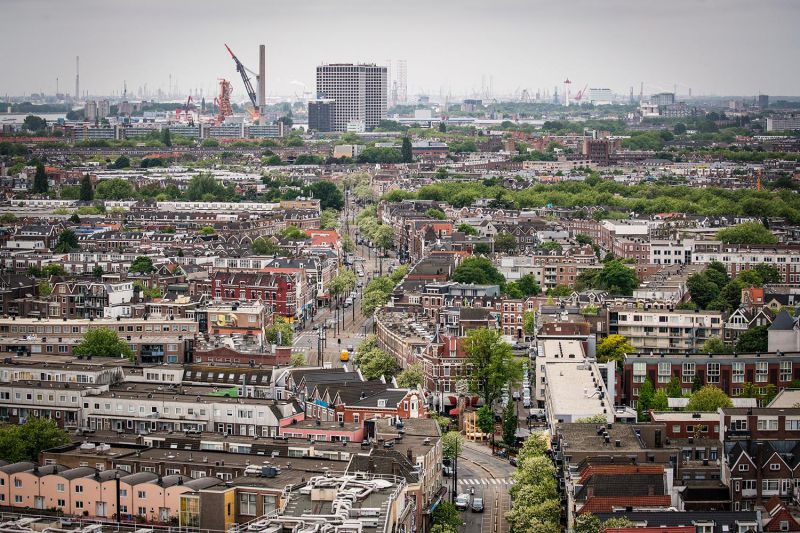
picture: Frank Hanswijk
The energy transition is one of the key challenges of the coming decades. One important issue is how the transitions will actually take shape. How the advantages and disadvantages will be distributed is not yet clear. The energy transition will involve more than infrastructure and the most important question may well be: What kind of new urbanity will the energy transition allow us to create?
The IABR–Atelier Rotterdam will turn the opportunity created by the energy transition the city and port face into a driver for inclusive urban development and an engine for other important challenges regarding food, the productive city, living, social equality, and others.
This means the Atelier considers energy transition not only a goal, but also as a lever - a means to work on an attractive future and a resilient and inclusive Rotterdam.
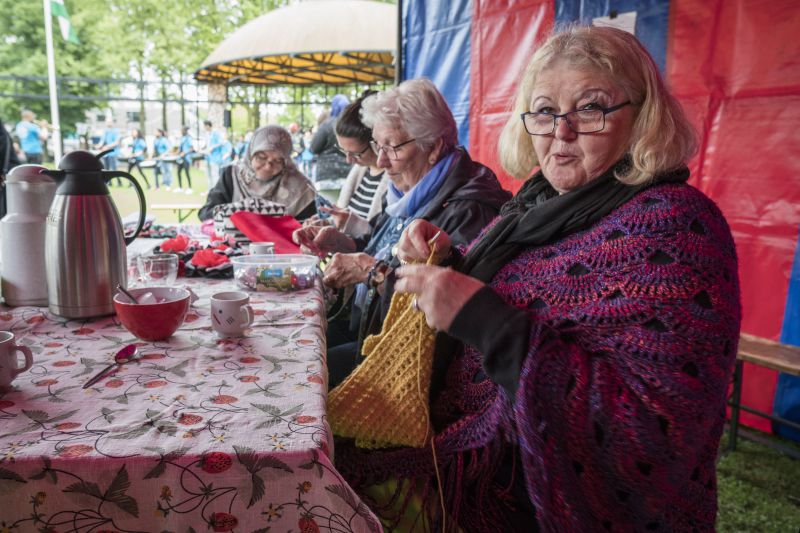
picture: Frank Hanswijk
The Energy Transition as an Urban Project
The energy transition is a technical challenge, of course, but at the same time it is also a spatial challenge that we have to integrate into a social agenda. After all, the reduction in the consumption of energy and the transition to renewable energy impact every aspect of daily life. From the way people travel to more energy-efficient dwellings and energy-producing neighborhoods. But is there a level playing field for everyone involved, can everyone keep up with the changes or even benefit by them? Energy poverty as a consequence of the energy transition is already imminent, especially in the more vulnerable neighborhoods.
Given the right approach, conversely, the energy transition can contribute to a high-quality, attractive future if it is used as a means to work on a resilient and inclusive Rotterdam in which citizens are enabled to be not only energy consumers, but also energy producers. With this approach, the energy transition helps us to realize various Sustainable Development Goals.
Experiment, Test, Develop
The question the IABR–Atelier Rotterdam raises is about what this new urban quality is that the energy transition will allow us to achieve. What ecological and social added value for the city, its neighborhoods, and every individual citizen will the energy transition be able to generate?
Against the background of the challenge of the energy transition the IABR–Atelier Rotterdam tests new methods for inclusive urban development and generates concrete spatial proposals with the intention of eventually realizing them. In the period between 2017 and 2020, research by design is used for different lines of action and at various scale levels.
At the building level, the Atelier has focused on the development of new building typologies for the energy transition, the results of which were presented at IABR–2018. At the district level the Energy District concept is tested, while Test Site M4H+ highlights integral area development.
The platform of IABR–2018 has mainly been used to present and exchange expertise and knowledge and to actively involve partners and actors (from the city and region as well as beyond) in shared knowledge development.
We are now working on further developing the "energy district"–concept, specifically in the Bospolder-Tussendijken district. In 2019 and 2020 the focus is on advancing a Local Energy Action Plan. The results will be presented at IABR–2020, when Bospolder-Tussendijken itself will become a biennale exhibition. After which –and this is what the two clients, the Municipality of Rotterdam and the IABR, have committed to– these results will be implemented.
The IABR–Atelier Rotterdam, established by IABR in 2013, is a collaboration of the two clients, the IABR and the Municipality of Rotterdam (Department of Urban Planning Department and Resilient Rotterdam). At the Test Site M4H+, the Port of Rotterdam Authority has joined this collaboration.
Energy Transition as Leverage for Socially-Inclusive City Making is, after The Urban Metabolism and The Productive City, the third research project of Atelier Rotterdam.
The Energy Transition as Leverage research process was led by Joachim Declerck (AWB), and, from the spring of 2020, by Eva Pfannes (Ooze). Research by design commissions have been given to Civic, Team1010 (1010au, Mariska Vogel and Ronald Van Der Heijden), PosadMaxwan & Generation.Energy, Energiewijk BoTu (Transformers, Beekhuizen Bindt, Eliza Works and Steps2Inspiration), Architecture Workroom Brussels and OOZE Architects and Urbanists.
